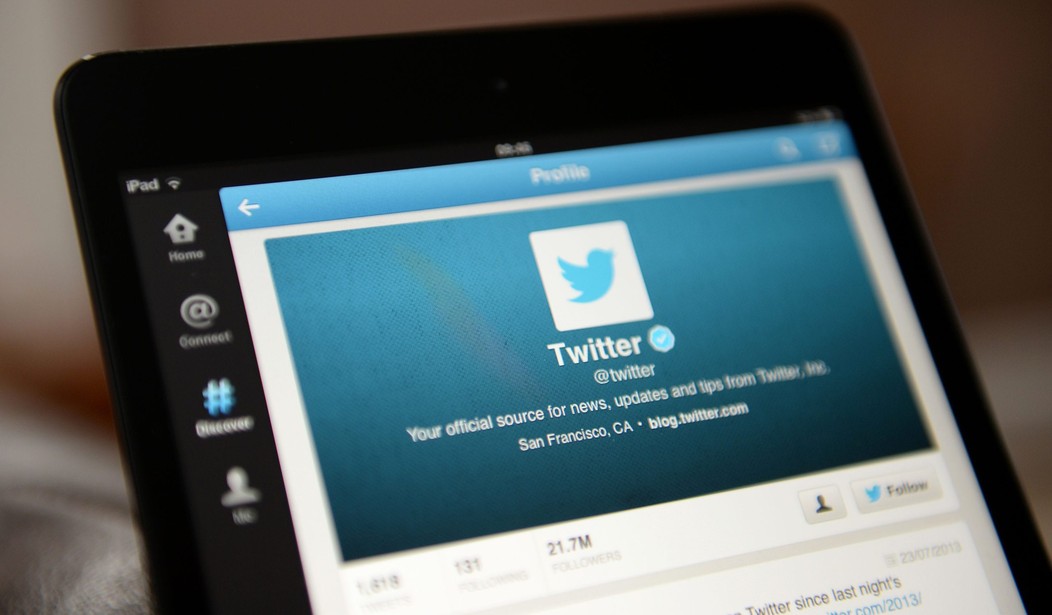Twitter released massive datasets today of all accounts and content determined to be related to influence operations conducted on the social media platform since 2016.
The company said they were releasing “substantially more information” about the foreign interference operations “to enable independent academic research and investigation.”
The data dump includes more than 9 million tweets from nearly 4,000 accounts linked to the Russian troll factory Internet Research Agency and more than a million tweets linked to 770 accounts originating in Iran. The earliest activity in these campaigns dates back to 2009.
“In line with our strong principles of transparency and with the goal of improving understanding of foreign influence and information campaigns, we are releasing the full, comprehensive archives of the Tweets and media that are connected with these two previously disclosed and potentially state-backed operations on our service,” Twitter said in a statement on its blog.
“It is clear that information operations and coordinated inauthentic behavior will not cease. These types of tactics have been around for far longer than Twitter has existed — they will adapt and change as the geopolitical terrain evolves worldwide and as new technologies emerge,” the social media giant added. “For our part, we are committed to understanding how bad-faith actors use our services. We will continue to proactively combat nefarious attempts to undermine the integrity of Twitter, while partnering with civil society, government, our industry peers, and researchers to improve our collective understanding of coordinated attempts to interfere in the public conversation.”
The Atlantic Council’s Digital Forensic Research Lab analyzed the data and found that “both troll operations put their governments’ needs first.”
“Russia’s troll operation primarily targeted Russian speakers, while Iran’s focused on pushing regime messaging abroad by promoting aligned websites. The Russian troll farm posted significantly more in Russian than in English, especially in late 2014 until early 2015, when Russia was fighting an undeclared war in Ukraine and facing anti-corruption demonstrations at home,” DFRLab senior fellow Ben Nimmo said. “The Russian operation’s subsequent use of English-language posting showed how a capability designed for domestic influence could be turned abroad.”
While the Russian op aimed to interfere in the 2016 presidential election it was also “aimed at dividing polarized online communities in the U.S., unifying support for Russia’s international interests, and breaking down trust in U.S. institutions,” Nimmo found.
The Russian trolls farms “tried to inflame everybody, regardless of race, creed, politics, or sexual orientation” and often “pushed both sides of divisive issues.”
Opportunistic operations that seized on trending topics “included promoting anti-Islam hashtags after the Brussels terror attacks, a pro-Leave hashtag on the day of Britain’s Brexit referendum, and leaks targeting French President Emmanuel Macron before his election,” Nimmo noted.
While Nimmo saw “no evidence to suggest that they triggered large-scale changes in political behavior, purely on the basis of their social media posts,” the “operations show that American society was deeply vulnerable, not to all troll farm operations, but to troll accounts of a particular type.”









Join the conversation as a VIP Member